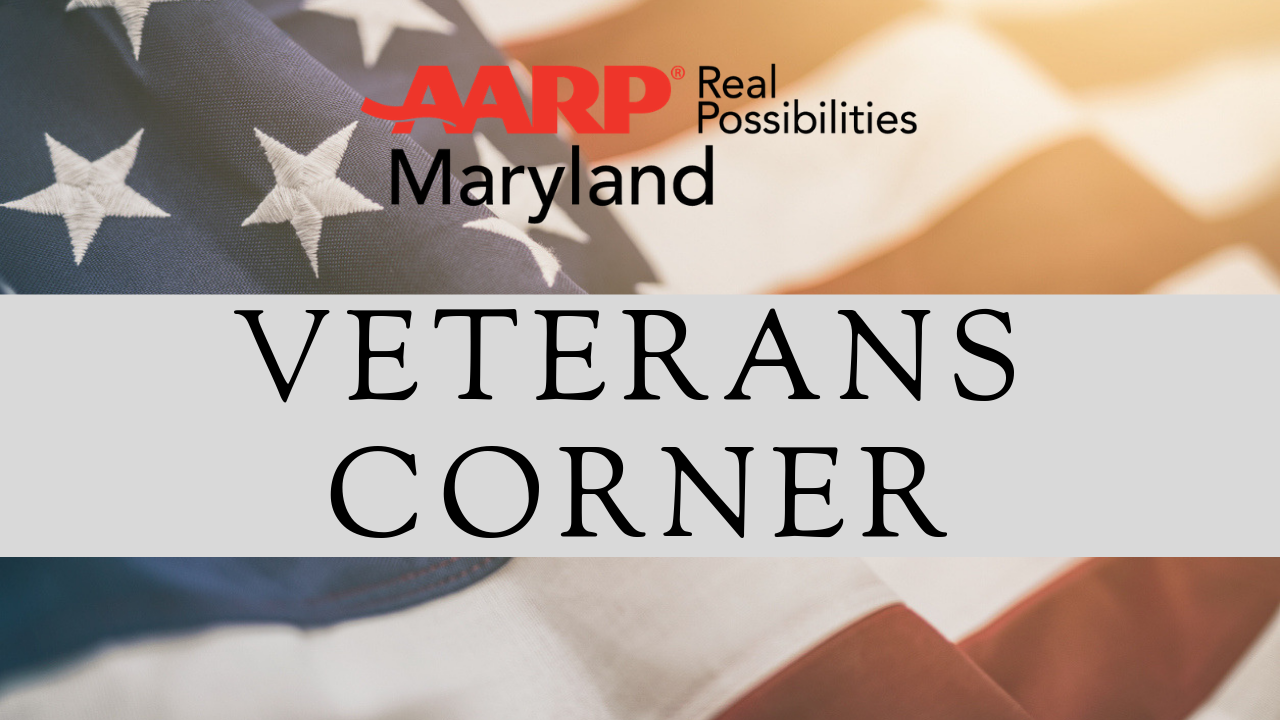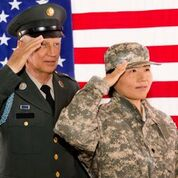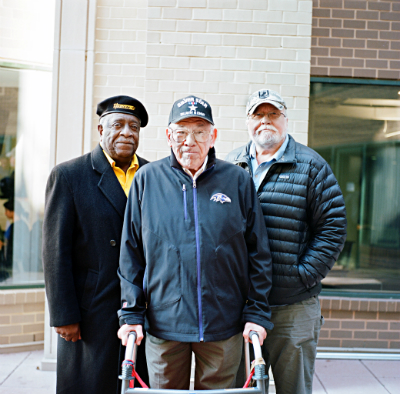AARP Hearing Center

This month's Veterans Corner features a guest blog by the staff of the Defense Health Agency Recovery Coordination Program.
The Role of the Recovery Coordination Program and How it Benefits Service Members and their Families
The Recovery Coordination Program (RCP) is a unique program for service members who incur complex wounds, illnesses or injuries while serving. The Recovery Coordination Program aims to streamline and improve the way care and support is delivered to wounded, ill and injured Service members and their families.
The support elements within the RCP include programs such as Operation Warfighter (OWF), the Education and Employment Initiative (E2I), Military Caregiver Support, and the Military Adaptive Sports Program (MASP). Collectively, these programs provide care and assistance to service members, veterans and family members during and post-military service.

When service members become wounded, ill or injured the process begins with the Integrated Disability Evaluation System (IDES). The IDES comprises a joint disability evaluation system—a collaborative effort between the Department of Defense and Veterans Affairs. The VA not only assists the DoD with determining if service members are fit for duty, but also provides disability benefits for veterans, if applicable. This is done through a disability rating system. Through a referral by a physician, within 12 months, the physician determines if the service member is not likely to return to active-duty.
The service members is then provided support by an RCP Recovery Care Coordinator (RCC), who will help develop a Comprehensive Recovery Plan (CRP). The Plan assists the service member in identifying goals and provides resources to reach them. Some of these goals vary in nature and can be achieved by employing RCP resources. Educational and employment goals can be achieved by utilizing the Education and Employment Initiative.
Likewise, employment needs and other complex goals may be realized by leveraging Operation Warfighter, and support for caregivers through the Military Caregiver Support Program. The RCC uses the plan to help guide the service member and family members throughout the continuum of care and facilitates the road to recovery and rehabilitation. The RCCs also encourages service members to seek alternate means of recovery and rehabilitation through the Military Adaptive Sports Program.

The RCCs are available at most military treatment facilities and installations across the country. They work within the military services wounded, ill, and injured programs including:
- U.S. Army Recovery Care Program
- U.S. Navy Wounded Warrior – Safe Harbor (NWW)
- U.S. Air Force Wounded Warrior Program (AFW2)
- U.S. Marine Corps Wounded Warrior Regiment (USMC WWR), and
- U.S. Special Operations Command (USSOCOM) Warrior Care Program (Care Coalition).
Recovery Care Coordinators are accessible at most Military Treatment Facilities (MTFs) and installations nationwide.
For more information about the Recovery Coordination Process, please find us at: www.warriorcare.dodlive.mil.































































